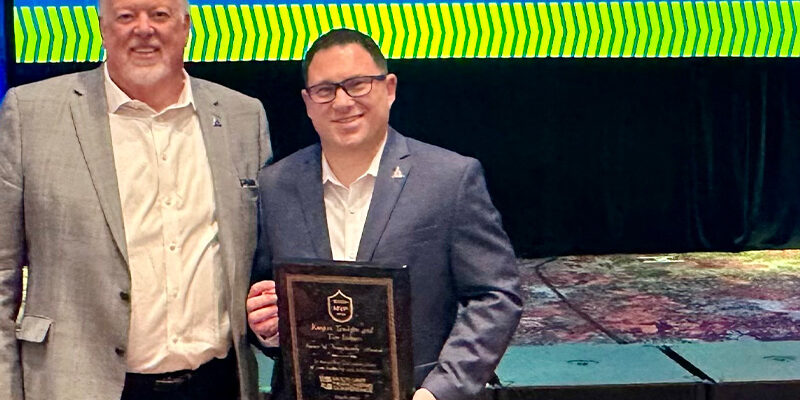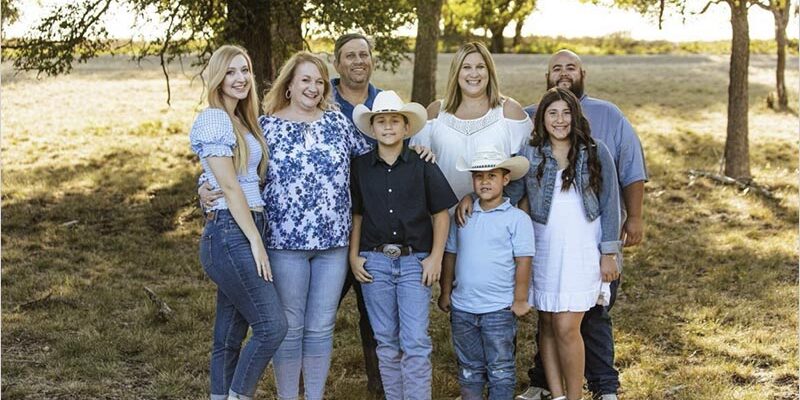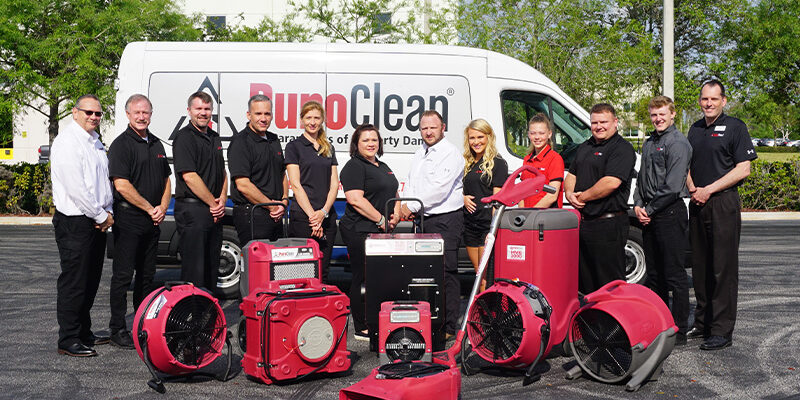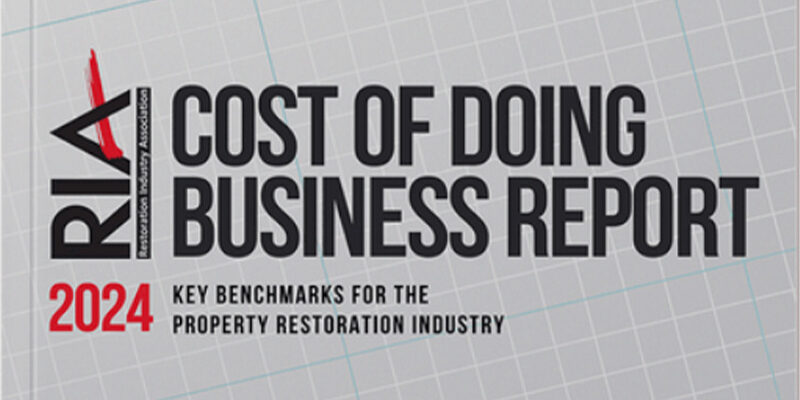Is COVID-19 Work Worth Risking Your Business?
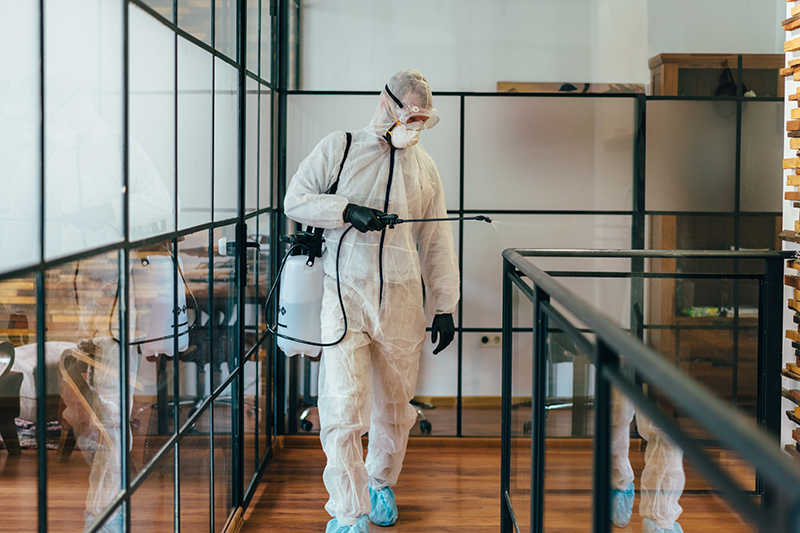
By Kari Dybdahl
Risk is a very broad term. In business, risk is always present. Business owners choose daily what risk they want to retain, avoid, or transfer.
Offering a new service or taking on a new job is what we insurance nerds call taking on “risk.” Simply put, to avoid risk is to not take on the new service or job. To transfer risk is to purchase an insurance policy where they pay a small percentage of premium for the coverage amount purchased. To retain risk means that if a loss were to occur, the business would pay the loss with their own assets. The last option is unsustainable for many business owners, which is why insurance plays an integral role in the overall operation of a business.
Transferring risk
On a macro scale, offering COVID-19 services certainly is taking on additional risk in business operations. What increases the risk is that there is not enough data to predict how detrimental taking on these new operations is.
What we do know, is it is not economical to determine if a virus is present or not. It is very small and expensive to detect. Thus, we do not know if a jobsite has active viral particles present, which could cost a fortune to defend against in the case of a loss. Therefore, all jobs performed under this service need to be treated as contaminated due to the high risk of unknowns.
The natural response would be to transfer this associated risk to someone else. For example, an insurance company wherein the business owner pays a premium and, in exchange, gets into a contract with the insurance company to cover the associated risk(s). Without a hefty amount of actuarial data, insurance companies will run for the hills. Since the unknowns are too risky for them to insure the associated liabilities, it leaves business owners to retain the liability or to avoid the risk altogether.
For insurance advisors, it is scary to us that business owners are unknowingly retaining COVID-19 liabilities. The quality of liability insurance purchased for the cleaning and restoration industry is lacking. Insurance needed for the industry is some of the most complex insurance placements, period. Not only are there sneaky exclusions in standardized general liability (GL) policies that could very well deny coverage for a claim such as a communicable disease exclusion, but also, what is not mentioned in a policy could be detrimental to a business. This is largely due to the standard GL policy never being intended or created to cover risks from a viral pandemic, leaving business owners uninsured for COVID-19 jobs they take on.
In my opinion, business owners put too much trust in general insurance products at the lowest cost. This is a recipe for disaster. As consumers, we know that using the least expensive available product often leads to problems, especially when using a product in a way it wasn’t intended to be used. Why would we think it would work? The same goes for insurance products.
Insuring COVID-19 work
Properly transferring the liability risk of COVID-19 work, in theory, would make it worth risking your business for the increased revenue potential. However, it is more complex than calling an insurance advisor and asking for an insurance policy. Insurance underwriters conduct a risk analysis when determining if they are comfortable enough to offer coverage. They want to see, for example, if the key personnel have experience with similar operations, the field employees are trained and equipped with the correct personal protective equipment, the products are being applied accurately, the marketing of the services are high end, etc. If a business is not taking the increased risk of COVID-19 work seriously, the chances of obtaining the proper liability insurance is almost nonexistent.
There are, however, a few insurance carriers who are not running for the hills. They are taking a very cautious approach to offering liability coverage for COVID-19-associated operations. Knowing where to go and what to ask for is extremely complicated, as it changes every single day. Our insurance brokerage firm has been tracking the offering of associated COVID-19 liability coverage from the start of this pandemic, and the only solution we have concluded is for every business offering COVID-19 clean-up services to purchase specialized contractor’s pollution liability (CPL) with affirmative coverage for COVID-19 operations.
The additional policy is needed, as the GL policy includes a pollution exclusion; it just so happens to be the longest exclusion within the policy. I have yet to see a GL policy that does not have the exclusion. In general, the definition of a “pollutant” is “any solid, liquid, gaseous, or thermal irritant or contaminant, including smoke, vapor, soot, fumes, alkalis, chemicals, and waste.” In Florida, the courts held that someone falling ill from a virus is a viral contamination. Thus, the pollution exclusion applied, and the loss was denied, resulting in the business owner indemnifying the plaintiff with their own monies.
This approach varies by states. There has been an ongoing dispute regarding whether a virus is considered a pollutant long before the emergence of COVID-19. Being blindsided after a loss occurs is risky business. It is impossible to determine how a carrier or court system would approach a specific COVID-19 liability dispute since each one is unique. Thus, we do anticipate such disputes resulting in hefty defense costs. If an insurance carrier does not specifically affirm their intent of the policy coverage for COVID-19 work, the business owner is most likely taking on more risk than they can handle.
CPL policies were designed to fill the gap in GL policies for pollution exposures. In fact, the insuring agreement of a pollution liability policy includes bodily injury, property damage, and cleanup costs due to a “pollution condition,” the actual discharge, dispersal, release or escape of smoke, vapors, fumes, acids, alkalis, toxic chemicals, liquids or gases, waste materials, or other irritants, contaminants, or pollutants. There are varying definitions, but they are similar to this one. Over the years many of these policies have been expanded to include loss exposures such as mold and bacteria.
Because GL policies are silent on viral loss exposures, having a pollution exclusion and other environmental risk loss exposure exclusions—such as a fungi and bacteria exclusions—drive the need to purchase a CPL policy. However, even carriers who write CPL policies are not willing to provide the affirmative coverage grant for COVID-19 operations.
The coverage is extremely difficult to obtain. The prequalification includes extensive job-site experience related to biohazard work, prior training for biohazard work, and multiple certifications held by key employees. All field personnel must be trained in “The COVID-19 Pandemic: A Report for Professional Cleaning and Restoration Contractors” (Third Edition; May 28, 2020 or later), and special legal contracts are in place for virus decontamination work.
So, is COVID-19 work worth risking your business? In my professional opinion, it is a choice specific to each business and should be approached as a long-term service offering. If a business is contemplating taking on the risk without biohazard experience or training prior to the pandemic, I caution them to pause and evaluate if taking on that much risk is worth the potential reward. It would be nearly impossible to transfer to a third party when something bad happens.
Kari Dybdahl has a decade of experience in the environmental insurance industry assisting clients from carpet cleaners to municipalities. She has received multiple awards and recognition for her work placing compliant insurance for Crawford Contractor Connection members, ICRA members, and many others. As president of American Risk Management Resources Brokerage, Dybdahl designs custom insurance programs alongside Dave Dybdahl. Please reach out to Kari A. Dybdahl with any questions at 608-824-3341 or [email protected].



